
Inheriting the Cross to Bear: A Castlevania Retrospective - Article
by Issa Maki , posted on 20 January 2021 / 4,632 ViewsSometimes, a person's feelings towards a video game are so strong they can only express themselves in a physical way. As I look in the mirror, what was once a statuesque form of classical beauty now bears a disturbing resemblance to Grima Wormtongue. With ravaged vocal cords and crooked fingers, I can still draw the strength to identify the source of this affliction: Count Dracula. The horrors he wrought onto Johnathan Harker in the 1890s were no different than the ones bestowed upon me a century later; but if we work together we can prevent this from happening to you.
Like Walter Bernhard before him, this is all just a game to Dracula. Various power-ups and sub-weapons are deliberately left behind for new challengers to inherit, while 'someone' even leaves food for weary adventurers (Harker also speculated the Count was making his meals). This is all part of the allure to entice players, drawing them close so the wampyr can establish his psychic dominance. We must draw him into our trap without being ensnared by his.
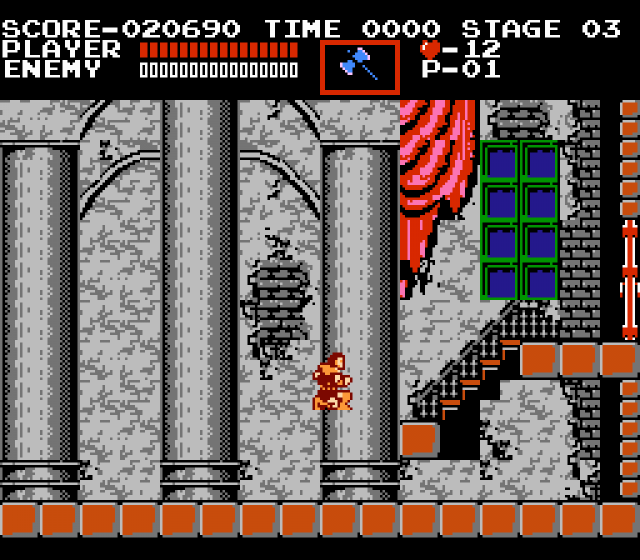
There are only six levels in Castlevania. This doesn't sound like much, but given how quickly they can adversely affect one's self-esteem, it's hard to argue for more. The trick is to disregard these emotions, prepare for the long haul, and accept that you're probably not going to beat it in less than 15 minutes like the denizens of YouTube. Remember what Vin Diesel said: “It doesn't matter if you win by an inch or a mile - winning's winning.”
Everything starts off innocently enough, whipping a few ghouls, hellcats, and occasional merman; snagging a power-up or two while listening to some killer tunes. As long as players grab the Axe on the way to the boss, there's little to worry about. Everyone (myself included) who has beaten the first level of Castlevania thinks the same thing: “That wasn't hard!”.
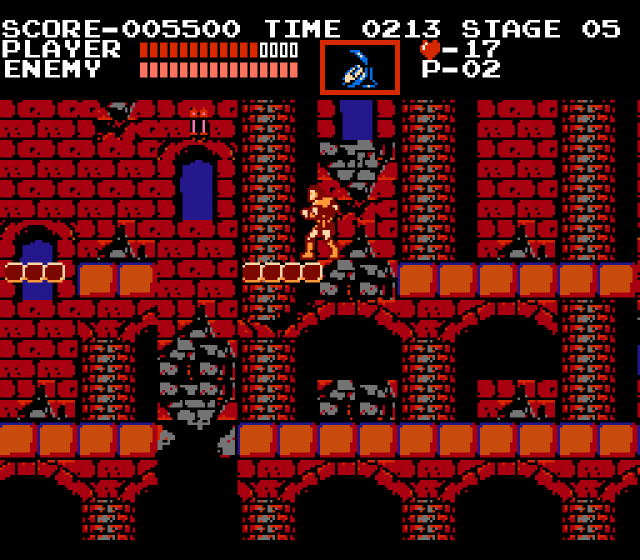
Then the second level comes along, traumatizing an entire generation of vampire hunters and humbling all the others. For it is here that Konami unleashes one of the most terrifying, deceptive, larynx-damaging enemies of all time - the Medusa Head.
If I could explain the exact nature of this fear, I would. Is it biological, something we inherited from our ancestors and their ancient battles with the serpent kings of the wild? The primordial fear of slithering that fosters distrust of anything weaving, culminating in an alleged paranoia that goes all the way down to curly fries and the letter 'S'. Whatever the case, we must be careful handling this emotional baggage; it's volatile and Dracula will take advantage of it if we let him.
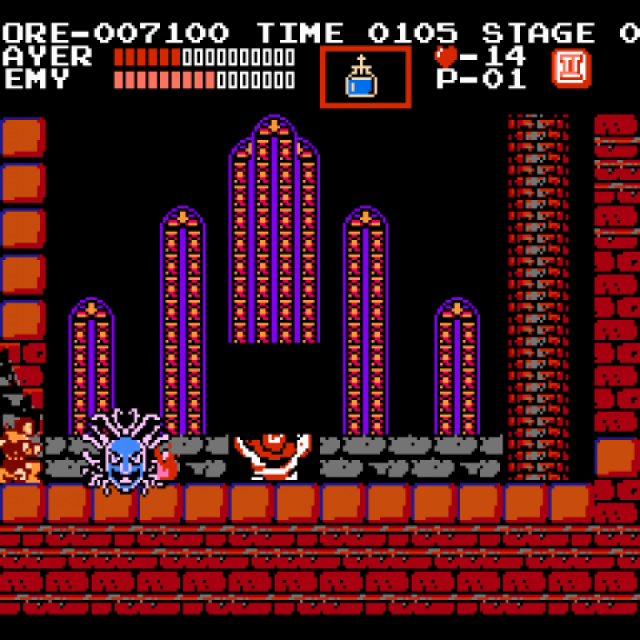
The Cross found in the first candelabra can lead to salvation, but the true hero of the day is the Stopwatch. While costly, this underappreciated sub-weapon can trivialize some of the most difficult sections of the level. It also happens to freeze Queen Medusa in her tracks, so if there are any unresolved feelings, it's best to leave them here.
One of the gloves comes off in Level Three and the stakes are raised. Enemies gain a 33% damage increase, while the penalty for dying becomes more noticeable. The last checkpoint is well beyond anything of much use, leaving players in an extremely vulnerable position with nothing to deal with the Ravens or flurry of Medusa Heads and Bone Pillars. The probability of making it to the boss(es) at full health is low, and the odds of coming out unscathed are lower. A chicken leg in the boss room can help, but breaking the block to attain it is the signal of a dedicated commitment to victory or defeat.
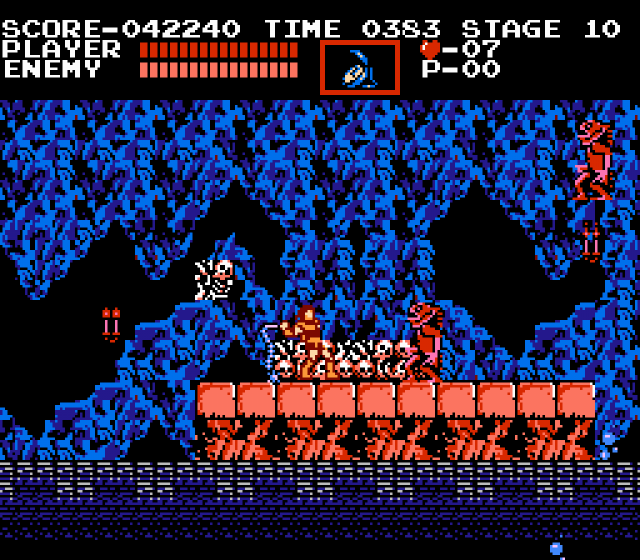
If there's an equivalent of a 'skill check' in Castlevania, I would grant that dubious honor to Level Four. The key to success is to simply bring the Holy Water found in the beginning to the boss with a II or III Block for good measure. Being able to do this reliably is excellent training for the future. Frankenstein's Monster and Igor are exponentially more difficult without Holy Water, and things are only going to get more problematic from here, so having a full tool-belt for bosses is ideal.
Level Five is the accumulation of everything that the player has learned to this point, and it will take all of the determination, ability, and patience they can muster to overcome the difficulty found there. Enemies gain another damage increase, effectively reducing Simon's defense by half, giving him a paltry four hits before he falls. The Holy Water from the opening Stage is of the utmost importance; losing it anywhere between the first and second checkpoints is borderline catastrophic. My advice is to take it slow and don't be afraid to walk away from retreating enemies - try to make them come to you.
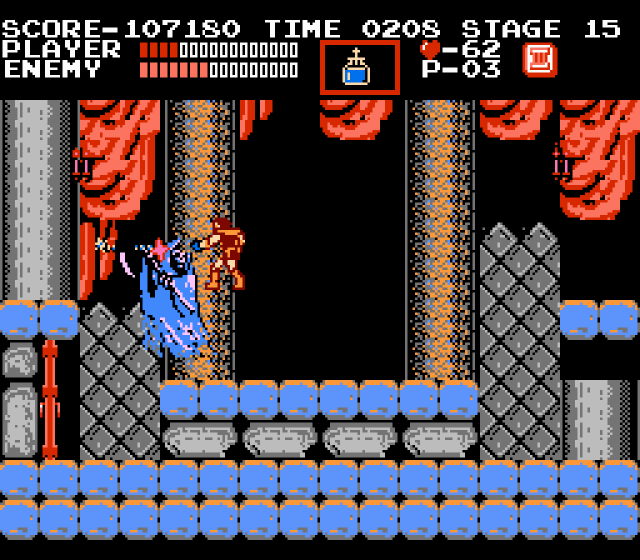
Once the second checkpoint has been reached, all semblance of fairness seemingly evaporates from the game. The impending fight with Death is just as infamous as the hallway that precedes him. Keep in mind that Simon can gear up to his heart's content before the battle (don't forget about the health behind the stairs). When a situation gives you the bull, fry him up, place a product made from his girlfriend on top of him, and eat him!
But this must be done within the confines of the game itself. I feel the need to address the 'Save State' feature found in several emulations of Castlevania that allow players to instantly save and then reload their progress at any given moment. You must try your very hardest not to succumb and resort to this tactic - if not for the game's sake, do it for your own. Death teaches us that without him, without consequence, life is meaningless. Besides, the entire point of a game is that the player accepts the limitations and boundaries set within it, adhering to them without question. If the terms aren't absolute, what's the point of playing in the first place? A crutch such as Save State can not only prevent growth, but in time can eliminate the possibility of it even occurring - so take caution!
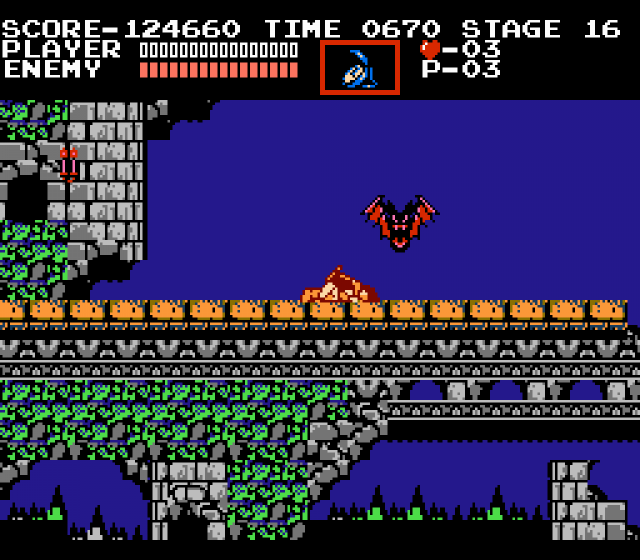
Anyways, those with the mettle to get to the final level are to be commended, but their resolve will only be tested further. The simple act of reaching Dracula takes more luck than skill, as the bats seem to choose when Simon is allowed to advance, while Fleamen-loaded carrier birds drop their payloads with abandon. A properly utilized Stopwatch can make all the difference here, and once the second checkpoint is reached, there's no going back - so smoke 'em if you've got 'em.
As players ascend the most iconic staircase in video game history, I can only advise them not to let Dracula get to them too much, as he did to me last century. I would tell readers the tale of the Sand Wedge, the Permafrost and the Moonlit Night, but for ratings purposes I can only say that was the moment I was afflicted by Dracula's Curse - something has to explain my formidable hump.
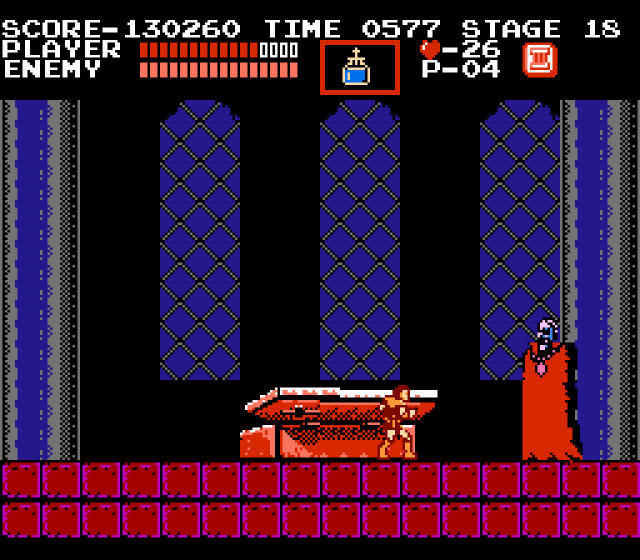
Just take it easy, you're going to fall victim to a randomness beyond your control, and mistakes will happen. If you have to farm some Blocks and Hearts (a loving homage to this exists in Super Castlevania IV), again I stress the need to resist using Save States. Flog yourself, don't cheapen the pain! You'll begin to appreciate what you have and your quality of play will only increase when you invest your time, energy, and most important of all, will into every moment. You'll get much more out of the experience than repeatedly reloading optimal scenarios with no consequence. If old hunchback Issa Wormtongue can beat the game in 2021 with no Save States, everyone can. We can sleep the good sleep knowing that Dracula is gone forever and he'll never come back again.
Castlevania is one of those special games that teaches us about ourselves. It forces us to examine facets of our being we might not exactly be comfortable with confronting, as these questions can strongly resonate with the very cores of who we are. Am I dedicated enough to fail hundreds of times so I can learn how to succeed - even if it's for a single victory? Do I have the patience to deal with unfortunate setbacks, to learn about a situation and accept it for what it is? Are my abilities and possibly my scruples inferior to those of children from the 1980s? Am I willing to cheat at a game, just so I can claim to have 'won'? These are the questions I struggled with myself, and I admit I didn't particularly enjoy some of the destinations those answers took me to; so I did something about it.
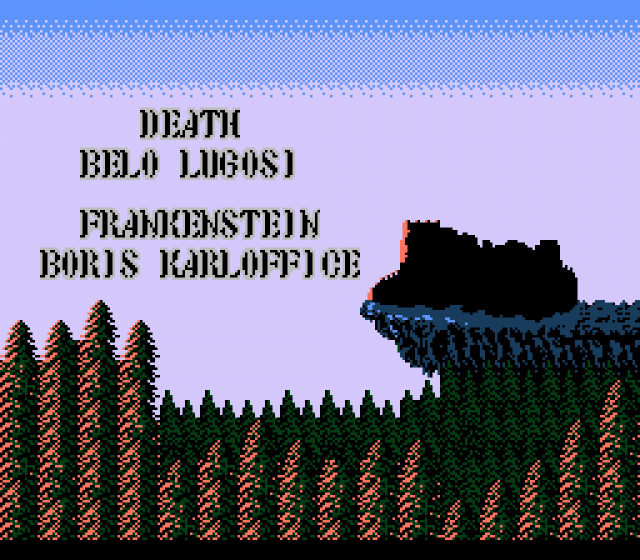
From basic problem solving to existential crisis, Castlevania has everything. It's a reflection as simple or complex as the person playing, something few games can achieve. It's a shame Konami refused to give the original developers credit for creating such an iconic piece of video game history, hiding their identities behind joke credits that seem funny, but belie their true, insidious natures. Hitoshi Akamatsu and his team should be praised for squeezing so much of the human condition into 65KB of information. Joy, sorrow, integrity, honesty, defeat, humility, persistence, these are some of the ingredients needed to create persons of quality. To the layman, my 1:16:59 looks bad in comparison to the World Record of 11:21, but to those of us in the know: “it doesn't matter if it's by an inch or a mile - winning's winning”.
More Articles
I just wanted to say thank you all so much for the nice comments! I thought people might not like this one, but I'm glad I was wrong. You keep reading, and I'll keep writing! :-)
thanks that was a great read, now for the next one, cracks whip.
Now that's an excellent article, thank you! I love the horror assimilations, the dark tone and the eerie connotations everywhere - perfectly fitting for a game like this. You nailed it!
That Save State philosophy might very well be a nice thread in our discussion board, don't you think? As well as the subject of how hard games can teach important life lessons like patience and self control. Just an idea.
I think that would be an excellent idea! I don't know if I'm the one to spearhead that campaign, but I would definitely support it.
Great article! I'm jealous, I felt like writing a piece on Castlevania 1 recently, and to see someone write so elegantly on it - especially in an official capacity, is really cool : ) . I played this game for the first time last year, replayed it this month. Really great. I'm not sure if i'd say it's one of the most flawless games ever, but I would certainly say it is one of the most flawless games ever in terms of it's core components - movement, the whip, the items and upgrades, the way enemies interact. It's all just so tight. It's only when certain levels get a bit excessive that things go too far, but that core is unbelievably strong. Aside from the levels being occasionally too excessive, I'm also not really a fan of how Death basically requires you to use holy water to beat him in a normal time frame, and I think Dracula's second phase while cool as hell is too random in it's window of escape (the high jump attack should probably active the moment the player is cornered, honestly), but those are about my only complaints with the boss fights. One of my favorite games currently, still the best I've played of the series, which so far has been I-IV.
Nowadays, there's just too much to play and too little time. All the great AA-AAA games, tons of great indie titles and all those great retro titles...there are just too many games to not use quick saves if you want to have a quick throwback to the old games. Did it with Mega Man 1-3 and it was still a great ride, especially as a tried to really master every section without losing energy/lives. Only for the bosses I went the cheap way. If you have the right weapon and full energy you don't really need to use tactics.









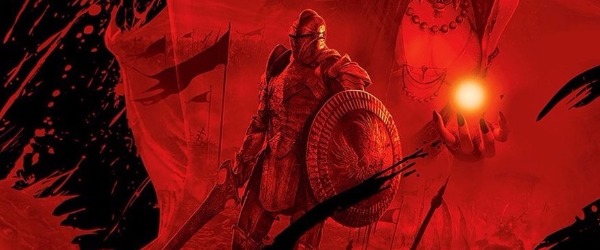
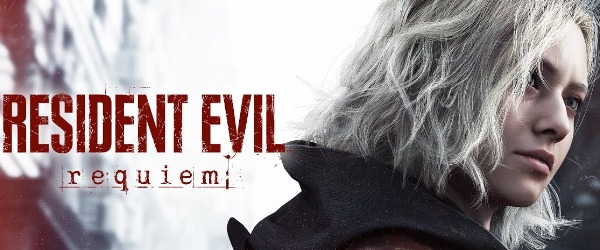
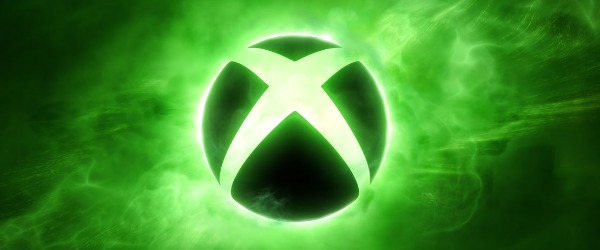










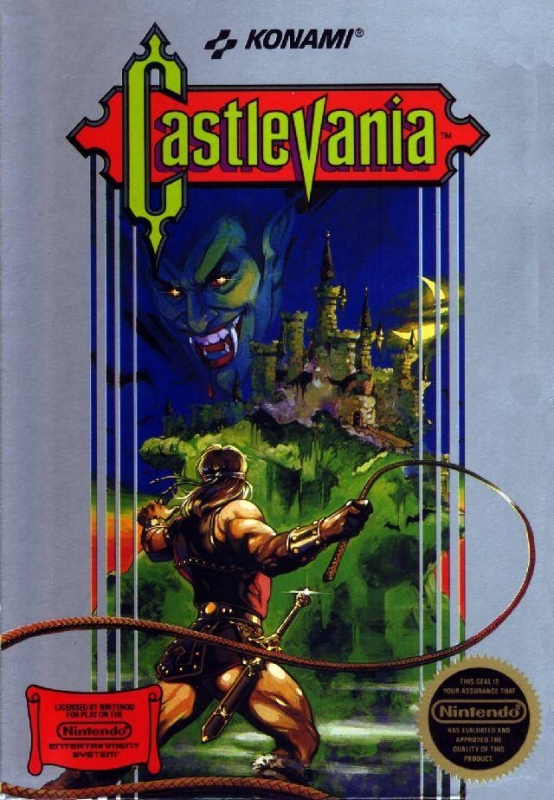



 Essay Pro
Essay Pro